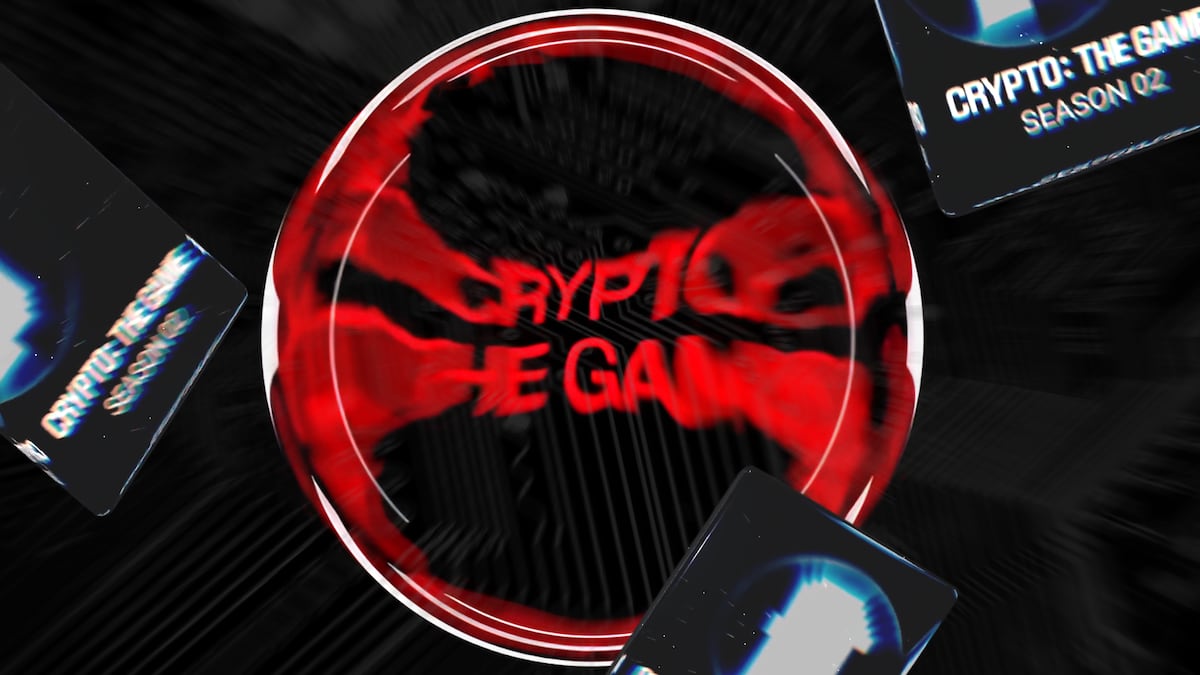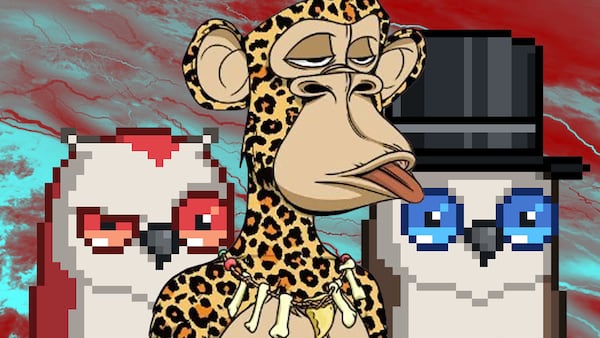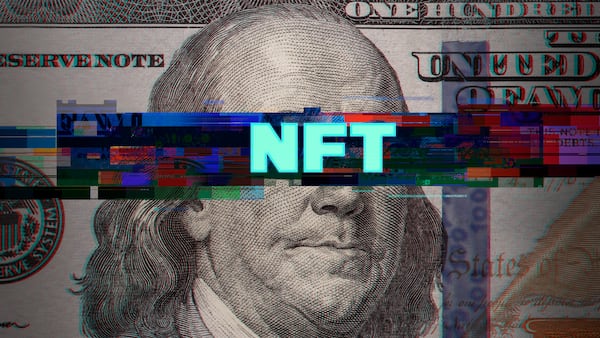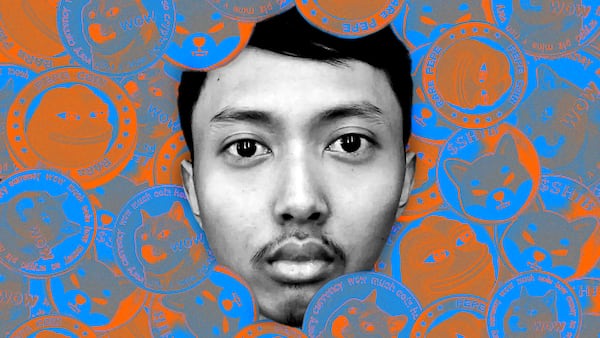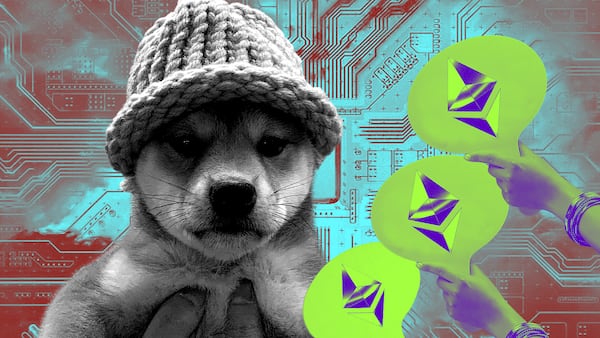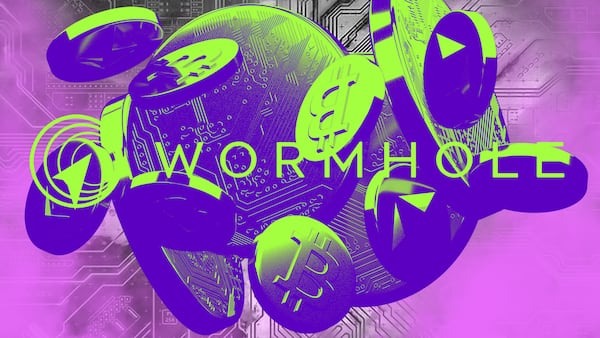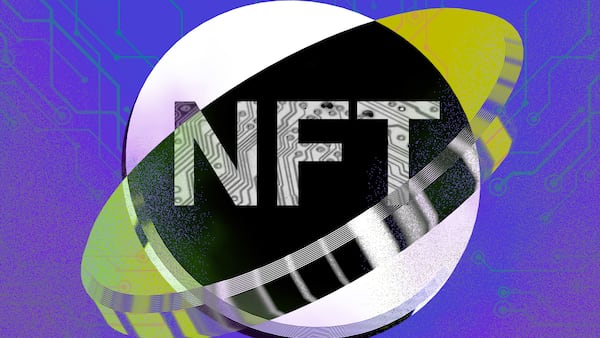- Crypto: The Game combines elements of "Survivor" with crypto, creating a competitive arena where players vie for a grand prize of 72 Ether.
- Entries for the second season, named Anon Island, have already sold out in under 15 minutes.
- Entry and participation are facilitated through NFTs, tradeable on secondary markets, with the game operating on Base, an Ethereum layer 2 network.
Crypto: The Game, a game inspired by the popular TV show “Survivor” and developed by HQ Trivia founder Dylan Abruscato, has sold out all of the entries for its second season, dubbed Anon Island, which begins on April 8.
Pseudonymous user MFL took home 41 Ether, about $100,000, last time. Now, the stakes are even higher.
All 800 entries for season two were sold in less than 15 minutes, accumulating a prize pool of 72 Ether, about $250,000, for the participants.
Crypto: The Game takes a 10% cut on the prize pool for operations.
This season introduces a significant update that allows game entries, represented by NFTs, to be traded on platforms like OpenSea. With initial entries sold out, buying a ticket on the NFT marketplace is now the only way to start playing.
After its launch on April 2, the price of the NFTs shot up as high as 0.4 Ether, an over 300% gain, before stabilising at around 0.135 Ether. The collection has since generated over 20 Ether in total volume.
How the game works
Anon Island organises participants into 10 colour-coded tribes, with entry secured through the purchase of an NFT for 0.1 Ether — a fee that grows the cumulative prize pool — or by acquiring an NFT on a marketplace.
Although the initial fee to enter is around $320 at current prices — a high price point for many users — Absucato told DL News that this is by design. The game functions better with a smaller player pool as thousands of players would present logistical challenges, he said. The high entry fee also helps to ensure a larger prize pool for players.
In the 10-day game, tribes compete in daily challenges that range from classic arcade games to digital scavenger hunts. The winning tribe of each day’s challenge is granted immunity, protecting all its members from elimination that day.
Members of the losing tribes must then participate in a vote to decide who will be eliminated, with the person receiving the most votes being removed from the competition.
Outside of winning challenges, players can also avoid elimination by persuasively garnering support from their peers, a strategy that allows for immunity through alliances and negotiation.
After a player is eliminated, their “player” NFT morphs into a “juror” NFT, enabling holders of these jury tokens to stay active in the game.
As the game advances and the number of players dwindles, the tribes combine. This leads to the climactic moment where the collective jury of eliminated contestants determines the victor of the game
The grand prize, a substantial sum of 72 Ether — equivalent to around $240,000 — is awarded to the winner, marking the end of the game.
Season one’s success
Season one of Crypto: The Game drew 411 players, climaxing with user MFL clinching the $100,000 grand prize.
Reflecting on the inaugural season’s success and the lessons learned, the game’s developers have introduced some changes for season two.
One update is the game’s migration to Base, whose founder, Jesse Pollack, has also joined the game.
i'm in for S2 of @cryptothegame_ — all on @base https://t.co/0gFhV656Jt
— jesse.base.eth (@jessepollak) April 2, 2024
Base — an Ethereum layer 2 blockchain incubated by centralised exchange Coinbase — is one of the fastest-growing layer 2 blockchains.
The introduction of NFTs is designed to bring new dynamics to the game. It gives players the flexibility to sell their entry as stakes rise or purchase juror NFTs to maintain influence.
This flexibility introduces intriguing possibilities, such as a player nearing the final stages opting to sell their entry on platforms like OpenSea, thus securing a guaranteed profit rather than facing potential elimination.
Abruscato advises players to exercise caution when purchasing juror NFTs, addressing concerns to DL News about potential strategic manipulation through their accumulation, as he said season two will have numerous unexpected twists.
Ryan Celaj is a data correspondent at DL News. Got a tip? Email him at ryan@dlnews.com.


